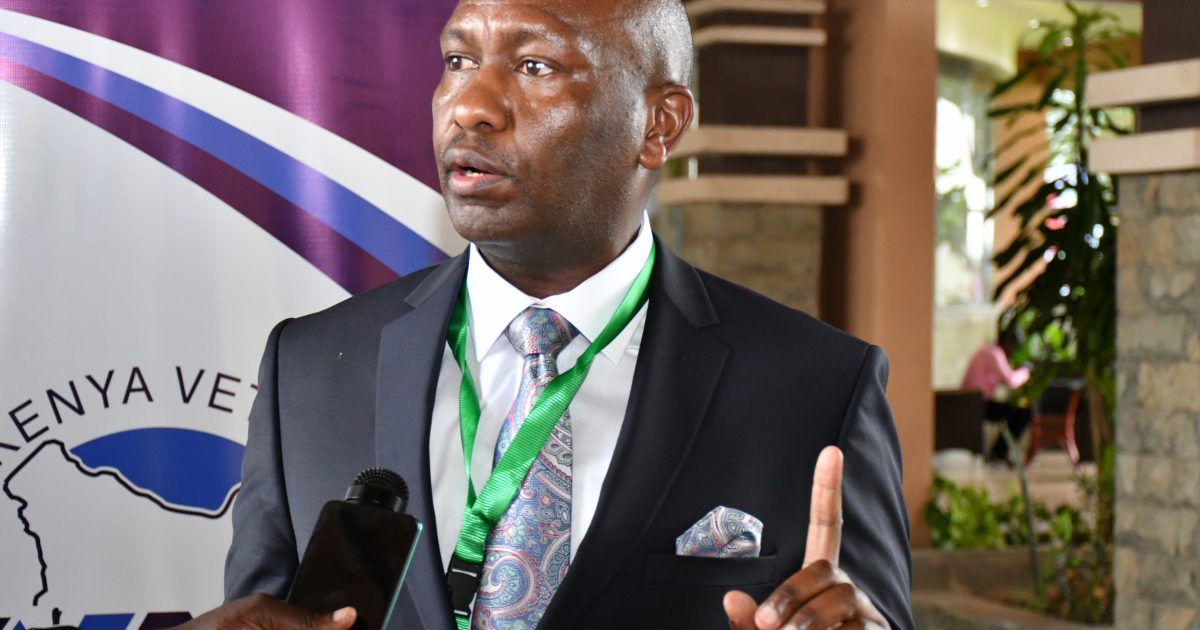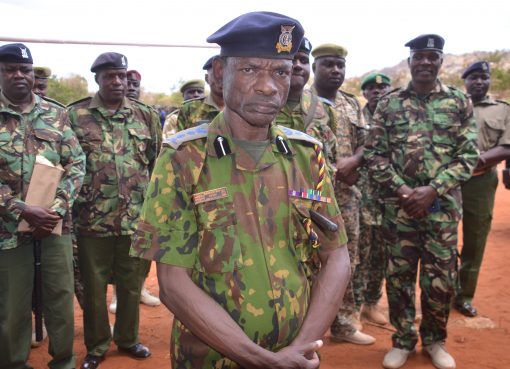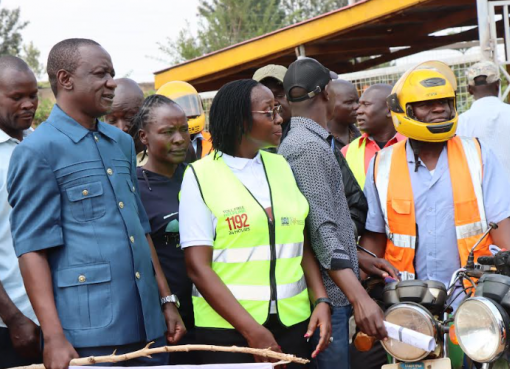The government through the Kenya Veterinary Production Institute (KEVEVAPI) has assured farmers of sufficient stocks of animal and poultry vaccines in the country.
Speaking in Naivasha on the sidelines of the 56th Annual Scientific Conference convened by the Kenya Veterinary Association, KEVEVAPI board chair Dr. Geoffrey Kamau said the vaccines which are locally manufactured are of high quality for the local market, noting that the institute has produced more than enough to serve the export market as well.
Dr. Kamau lauded the devolution of agriculture and livestock sector saying farmers have been able to access services more easily, which has greatly helped save many animals and poultry from common ailments like foot and mouth and anthrax in cattle as well as fowl typhoid and Gumboro in poultry, as a result of routine vaccination.
The issue of quack veterinary doctors in the country has remained to be a major challenge with players in the sector calling for a proper regulatory framework to tame unscrupulous individuals from tainting the image of the practice at the expense of licensed practitioners.
Dr. Nicholas Muyale, Kenya Veterinary Association (KVA) chair has on his part expressed optimism in the fight against such individuals, adding that KVA is working closely with the Kenya Veterinary Board (KVB) and the Veterinary Medicine Directorate (VMD) to ensure ethics and integrity in service delivery.
He however called upon the government to recruit more inspectors to address the challenge of enforcement of regulations, citing shortage of human resource as a derailing factor in the edging out of unqualified individuals in the veterinary space taking advantage of the gap which, in the end, affects service delivery.
KVA’s mandate is to protect the interests and welfare of its members through advocating and lobbying for appropriate legislations and policies, added Dr. Muyale.
The annual scientific conference comes at a time, when Kenya and the globe at large is celebrating the World Veterinary Day on April 30 to appreciate their work and impact in their quest to ensure a safe and dependable food supply cycle. This year’s theme will be “strengthening veterinary resilience by giving necessary support to the practitioners”.
According to Dr. Muyale, the day will be marked by veterinary officers showcasing services they offer in the field and has also attracted other partners in the animal health and welfare sector to educate the public on the importance of taking care of animals.
The KVA chair also added that they will conduct spray and neuter clinics for dogs with the main objective of the exercise being to reduce dog population in the country gearing towards the eradication of rabies disease by 2030.
As part of ensuring food safety in the country, Muyale noted that the government has put in place the Antimicrobial Residues (AMR) policy that will set a framework for ensuring animal and poultry products used by the public are fit for human consumption. The association, he said, is working closely with Veterinary Medicine Board (VMB) with the latter embarking on the process of re-registering veterinary drugs to ensure only proper prescription and administration of drugs is executed.
University of Nairobi Vice Chancellor Prof. Kiama Gitahi who doubles up as a veterinary surgeon called for more funding to the counties to support agriculture in the devolved units so as to ensure food safety in the country.
According to Prof. Kiama, there is need for added investment in post-harvest management systems and proper facilities to help farmers reduce post-harvest loss brought about by lack of infrastructure to store their excess products for future use.
By Calvin Osiemo





